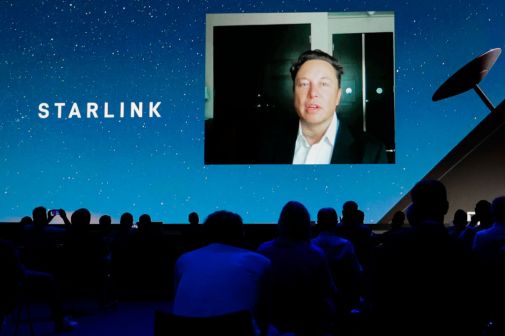 NASA is looking for information that would allow it to maintain communication with its Mars rover. (Graphic Courtesy of NASA)
NASA is looking for information that would allow it to maintain communication with its Mars rover. (Graphic Courtesy of NASA)The communications infrastructure that links NASA’s Mars robots and satellites to earth is aging and by 2020 may not be fully capable of supporting the agency’s mission. In order to keep scientific discoveries coming from the red planet, NASA is exploring commercial options to own and operate critical data relay orbiters.
NASA issued a request for information July 23 to commercial space companies to see if they can help the agency build a cost-effective data relay infrastructure that will allow it to maintain communication with its Mars-based missions.
Currently, Mars landers and rovers are severely constrained by mass and volume, which limits the amount of data that can be transmitted. NASA has been using two satellites — the Mars Odyssey and Mars Reconnaissance Orbiter — to transmit data to and from the Mars Rover. Another probe to be launched later this year — the Mars Atmosphere and Volatile EvolutioN (MAVEN) — will give NASA another option, but it expects a “communications gap” in the 2020s.
In the RFI, NASA said it is willing to consider “alternative methods” for data relay, but it wants it done cheaply.
“NASA encourages innovative ideas for cost-effective approaches that provide backward-compatible UHF relay services for existing landers, as well as significantly improved performance for future exploration activities.”
NASA is also looking at other ways to transmit data besides radio waves, including its Lunar Atmosphere and Dust Environment Explorer (LADEE) program, which transmits data through lasers. In a 2013 test of that program, download speeds between the moon and Earth reached 622 megabits per second.
Responses are due by August 25.






